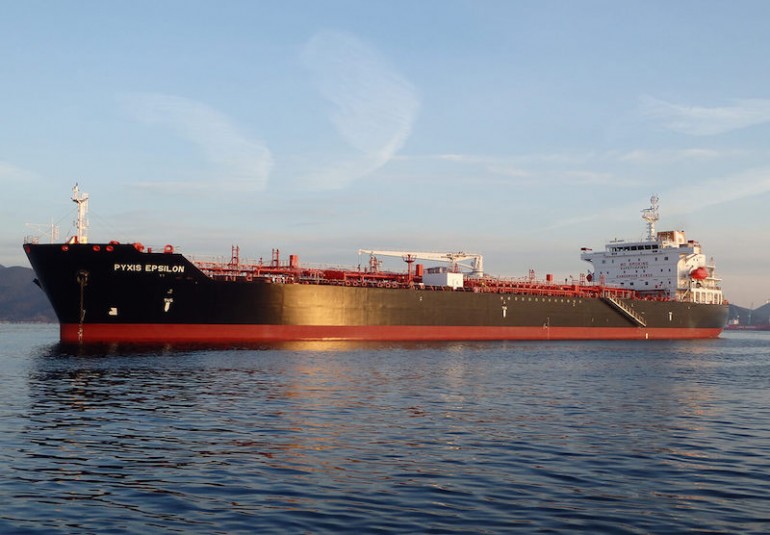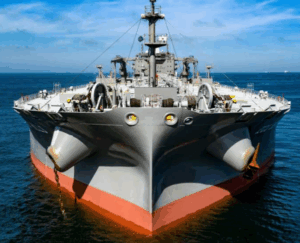Greek Pyxis Tankers, a shipowner of product tankers, reported the sale of its 2015-built product tanker for a “juicy” sale price of $40.75 million in cash.
After the sale of the product tanker the owner expects to recognize a non-cash gain, from asset disposition, of about $16.8m.
The shipowner of product tankers unveils the signing of the deal today and explains that the sale of the eight-year-old tanker, at a very “attractive price,” underscores the company´s focus on optimizing fleet value and providing further financial strength and capital resources.
The top management didn’t disclose the name of the buyer but it said that the company sealed the deal with an unaffiliated buyer located in the United States.
The completion of the sale of 50,295 dwt product tanker Pyxis Epsilon, which is subject to customary closing conditions, is expected to occur during the fourth quarter of 2023.
After the repayment of the outstanding indebtedness secured by the vessel and the payment of various transaction costs, the company expects to receive cash proceeds of approximately $26.4m, which would be used for general corporate purposes.
The Greek owner also expects, when the sale is completed during the fourth quarter of 2023, to recognize a non-cash gain from asset disposition of approximately $16.8 million or $1.57 per current outstanding common share.
Chairman and chief executive Valentios Valentis, noted that: “Our current total cash balance of $30.7 million is expected to subsequently increase upon receipt of the net cash sale proceeds of over $26 million. On completion of this latest asset disposition, our substantial cash position and low leverage, will further increase our operating and financial flexibility to potentially pursue additional vessel purchases, as well as other corporate and strategic initiatives that should enhance shareholder value.”
The company currently owns a modern fleet of four product tankers, including the ship Pyxis Epsilon, engaged in seaborne transportation of refined petroleum products and other bulk liquids as well as a controlling interest in a joint venture that owns a single dry bulk vessel.



